 Spider and varicose veins in your legs are unsightly and can feel embarrassing to some.
Spider and varicose veins in your legs are unsightly and can feel embarrassing to some.
It may be tempting to simply try and hide them. Makeup, wearing long pants, avoiding beaches and the pool for fear of putting on a bathing suit – these can hamper your ability to really enjoy life.
Avoidance may work but all it is doing is covering up the root problem: Venous insufficiency. It isn’t simply a cosmetic issue. Veins, once damaged, if left untreated can spread and become worse over time leading to bigger problems such as achiness, leg, ankle and foot pain, swelling and edema, skin issues and even ulcers on the legs.
If you begin to have veins that are visible it is advisable to seek the advice of a Vein Specialist. Going through offices such as weknowveins.com where they offer FREE online screenings can give you peace of mind and some professional knowledgeable advice as to your current state and the very best medical recommendations for your health now and in the future.
Treatment options are numerous and with the advances that have been made in vein care, you no longer simply have to live with embarrassing or painful veins. Diagnostics are simple, quick and pain-free. The solutions are all outpatient procedures with very minimal recovery times. The majority of those who undergo treatment remark that they wish they had done it sooner.
To get started go to www.eveinscreening.com for a confidential FREE Vein Screening right online. Dr. Joseph Magnant is a board certified vascular surgeon and Dr. Nero is a board certified general surgeon. They have dedicated their lives to this surgical practice with the singular focus on the treatment of venous insufficiency. 239-694-VEIN (8346) to schedule an in-person appointment.

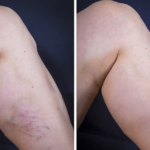
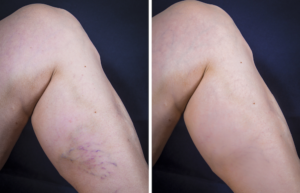 As we age maintenance is key. Eating a healthy balanced diet and keeping yourself in shape as well as living a healthy lifestyle can all help to keep your body functioning at its fullest. When blood flow is fluid and your veins are all working properly, no spider or varicose veins will be present. It is fully possible to live to a ripe old age and never have a vein issue at all.
As we age maintenance is key. Eating a healthy balanced diet and keeping yourself in shape as well as living a healthy lifestyle can all help to keep your body functioning at its fullest. When blood flow is fluid and your veins are all working properly, no spider or varicose veins will be present. It is fully possible to live to a ripe old age and never have a vein issue at all.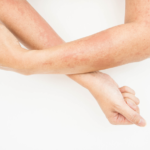
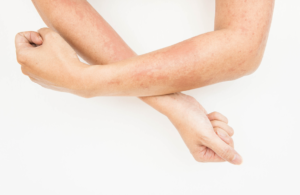 Breaking out in hives can make you crazy. The itching, the scratching, it can be so intense it keeps you up at night. Nothing seems to help and until you know the source, you feel doomed to bouts at pretty well any moment.
Breaking out in hives can make you crazy. The itching, the scratching, it can be so intense it keeps you up at night. Nothing seems to help and until you know the source, you feel doomed to bouts at pretty well any moment.
 Sleepwalking can be problematic for not only the sleepwalker themselves but for anyone living with them. Erratic night time behavior can leave the walker exhausted, never really getting a deep sleep and the person or people around them sleepless and on edge.
Sleepwalking can be problematic for not only the sleepwalker themselves but for anyone living with them. Erratic night time behavior can leave the walker exhausted, never really getting a deep sleep and the person or people around them sleepless and on edge.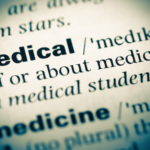
 Doctors spend over a decade on schooling, sometimes more depending on the choice of specialty. Is it any wonder that they come out speaking a whole other language than the rest of us?
Doctors spend over a decade on schooling, sometimes more depending on the choice of specialty. Is it any wonder that they come out speaking a whole other language than the rest of us?